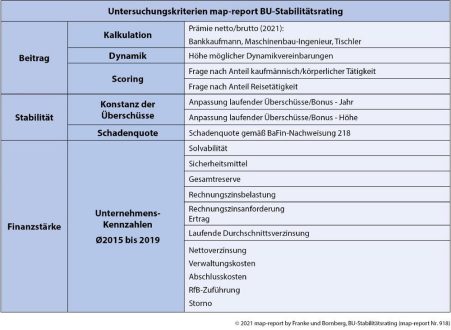
A Subtle Shift From the Recent Pace of Interest-Rate Increases
Against this policy tilt, the main change in the economic backdrop is that GDP contraction is going to begin hitting the economy in the fourth quarter, and our forecast is for a bigger-than-consensus slowdown as the worst still appears to be approaching. Although double-digit inflation is certainly concerning, the decomposition tells a very different story than U.S. CPI as European inflation is still mainly driven by food and energy prices while the MoM changes in services prices are retreating.
Hence, we think front-loaded rate hikes may be nearing a peak in Europe – at least temporarily. ECB President Lagarde stressed that there was “still ground to cover” for further increases, but the bank has made substantial progress toward normalization. We now expect rates to rise by 50 bps at the December meeting, taking the deposit facility rate to 2%, before pausing through the winter period and ultimately peaking at less than 3%. However, if inflation continues surprising to the upside, particularly if nominal wages or inflation expectations start to inch above levels consistent with the 2% inflation target, then such a dovish shift could prove premature. In that case, we would expect sequential rate hikes to continue, with rates peaking above 3%.
The good news amidst the growing cloud of uncertainty is that peripheral countries are weathering the energy shock reasonably well. And nearly a decade after the sovereign
debt crisis, the pandemic failed to derail their improving credit profiles as even Greece appears to be on the verge of being lifted into investment grade. Also, while Italy’s high debt-to-GDP ratio is concerning, the country has improved by historical standards, and continued growth should help the economy cushion the energy blow.
PGIM
Große Gallusstraße 18
60312 Frankfurt am Main
Telefon: + 49 (69) 244 341 730
https://www.pgim.com/
Senior Consultant TE Communications GmbH
Telefon: +49 (69) 29801-411
E-Mail: mwu@te-communications.ch
![]()




